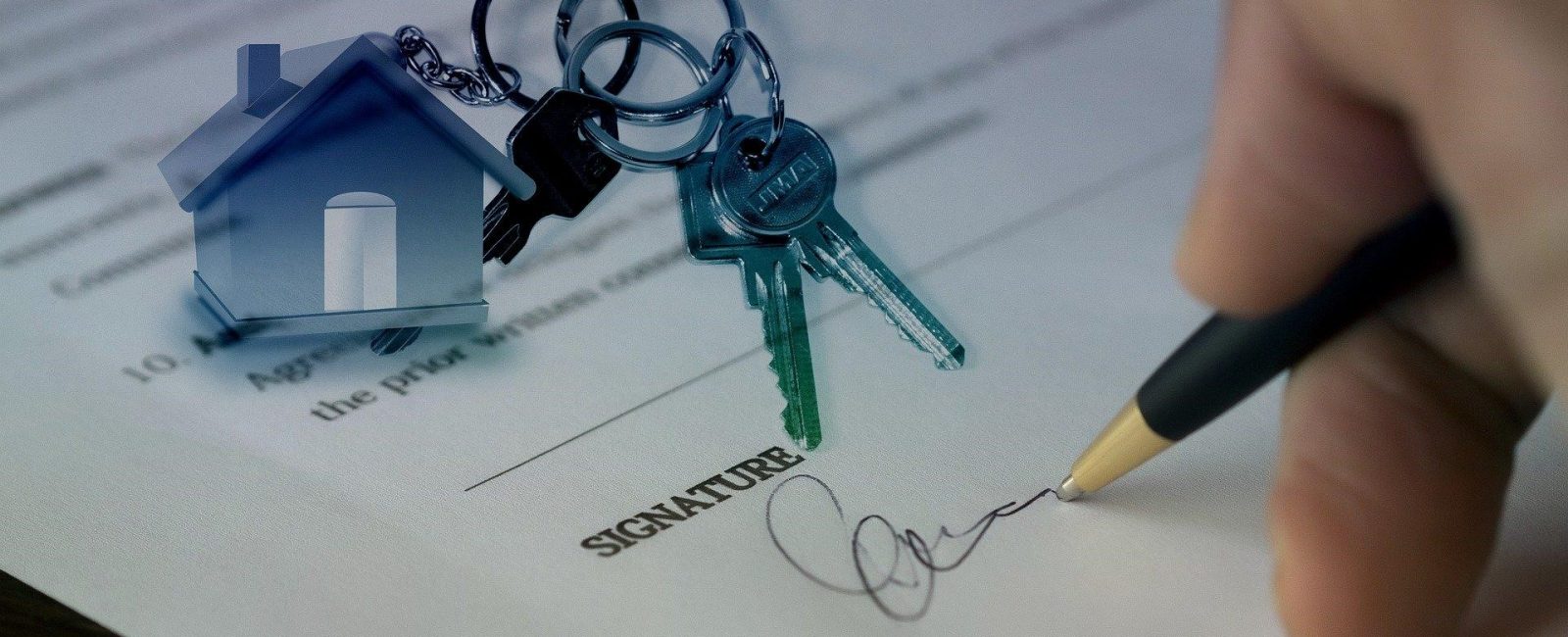Now that a second national lockdown has been announced in England from Thursday 5 November until at least Wednesday 2 December, what does this mean for the UK property market and house prices in particular?
Since the UK housing market reopened after the initial March – May 2020 lockdown period we saw the swiftest increase in house prices since 2016 according to Nationwide, with annual price growth increasing by an impressive 5% in September 2020 and Rightmove and Zoopla both reporting encouraging sales figures for August 2020.
However, whilst we still seem to be in a post lockdown property boom, with Nationwide reporting a year-on-year rise of 5.8 per cent for average house prices in October 2020, are we already seeing signs of an upcoming ‘bust’ for the sector with rising unemployment and the end of the stamp duty cut fast approaching? And what does the impact of a second lockdown mean for UK house prices?
Whilst the Welsh Government pressed pause on house viewings during Wales’ recent firebreak lockdown from 23 October to 9 November and Scotland are yet to declare the impact of any further restrictions, the Government’s Housing Minister, Robert Jenrick, confirmed on 1 November that the housing market will stay open during England’s second lockdown. This means the following activities will still take place subject to the necessary social distancing requirements:
· Renters and homeowners will still be able to move home.
· Removal firms and estate agents will still be in operation with viewings and valuations still taking place.
· Work on construction sites can and should continue.
· Tradespeople will still be able to enter homes to carry out maintenance work.
As such, industry insiders expect there to be much less of an impact to the housing market compared to the initial lockdown, when the property sector and associated business such as removal firms effectively ground to a halt. Low borrowing costs will also be beneficial to movers since the Bank of England is unlikely to raise interest rates from 0.1% any time soon.
However, whilst mortgage lenders and estate agents continue to see a strong demand for home moves as we approach the end of 2020 (with the mortgage market at its busiest since 2007), it is clear that the stamp duty incentive and backlog of properties and new buyers were a key factor behind the recent surge in demand and house price increases which followed the first lockdown period. Indeed, we are already beginning to see how short term this housing boom could be, particularly given the economic impact of tighter Covid-19 restrictions coming into force for a second time.
Figures for redundancies and unemployment (with its highest rise in over a decade) have grown significantly since August 2020, which was the first month that employers had to contribute to salaries via the furlough scheme. Quarter 2 has also shown a 20.4% contraction in the UK economy, with suggestions of a recession looming, which is also having an impact on buyer and lender confidence.
The number of mortgages available to those with smaller deposits has also decreased, as lenders become more cautious, and whilst the Financial Conduct Authority and UK Finance have confirmed that mortgage payment holidays will be extended for up to six months, current and potential homeowners are advised not to take a break from mortgage payments unless completely necessary since the interest is merely deferred. This means you are likely to be paying higher monthly payments in future to catch up and the payment break may actually have a negative impact on your credit rating when it comes to remortgaging or buying a new home.
The end of the many financial incentives introduced by the UK Government in early 2021 is likely to have the greatest impact on house prices and includes the end of the job retention bonus for employers in January 2021, the stamp duty incentive and VAT cut for hospitality and tourism companies in March 2021 and the Job Support Scheme in April 2021. The property market is also likely to see an impact from the as yet unknown fall out from Brexit.
Taking all of these economic factors into account, it is extremely likely that we will see a drop in both sales and house prices, with the Centre for Economics and Business Research (CEBR) predicting a dispiriting 13.8% drop in house prices from 2020 to 2021 until the labour market starts to recover and buyer confidence improves. Whether we will see an extension to the stamp duty cut or any other financial incentives made available to soften the blow, only time will tell.





